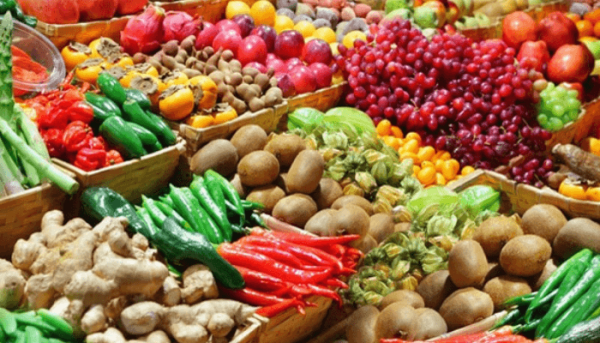The Federal Government says it is intensifying efforts to enhance Nigeria’s capacity for local food production and ensure citizens’ access to safe, nutritious, and affordable meals.
Dr. Marcus Ogunbiyi, Permanent Secretary, Federal Ministry of Agriculture and Food Security, stated this on Monday in Kaduna while declaring open the Technical Session of the 47th National Council on Agriculture and Food Security (NCAFS).
Ogunbiyi said the session would enable stakeholders to develop strategies aimed at achieving food sovereignty and reducing the nation’s dependence on imports.
He explained that the theme of the council meeting, “Food Sovereignty and Food Security in an Era of Renewed Hope,” aligns with President Bola Tinubu’s Renewed Hope Agenda, which prioritizes agriculture as a key driver of economic recovery and transformation.
Describing the technical session as the council’s “engine room,” Ogunbiyi said it provided a platform for reviewing memoranda from states, partners, and private sector actors to guide national agricultural policies.
He urged delegates to focus on climate-smart agriculture, agribusiness expansion, digital innovation, and farmers’ welfare to boost productivity and sustainability across agricultural value chains.
“Our goal is simple — to produce what we eat and ensure every household has access to safe, nutritious, and affordable food,” he said.
The permanent secretary commended the contributions of development partners, including the Food and Agriculture Organization (FAO), International Fund for Agricultural Development (IFAD), World Food Programme (WFP), African Development Bank (AfDB), World Bank, USAID, and the International Food Policy Research Institute (IFPRI), toward achieving Sustainable Development Goal 2 — Zero Hunger.
In his remarks, Kaduna State Commissioner for Agriculture, Murtala Dabo, said the state was honoured to host the council and reaffirmed Kaduna’s status as a major agricultural hub.
He noted that Governor Uba Sani’s administration had prioritised agriculture as a catalyst for economic growth, youth empowerment, and rural prosperity.
Also speaking, the Director of Planning and Policy Coordination at the ministry, Mr. Tanimu Ibrahim, urged delegates to develop actionable recommendations that would strengthen Nigeria’s food systems and support inclusive growth.
The four-day technical session will culminate in a Ministerial Session, where resolutions will be adopted to guide agricultural and food security policies nationwide.


